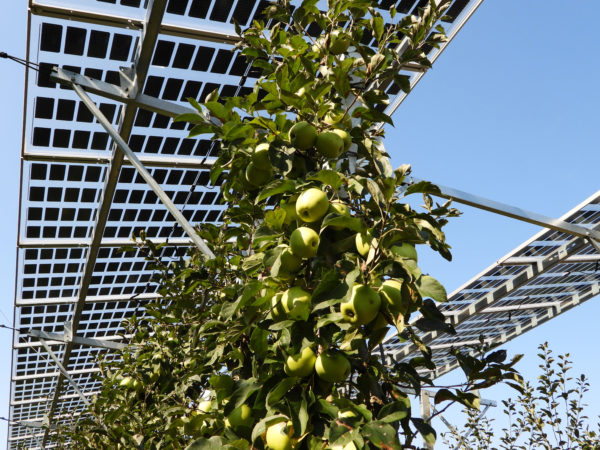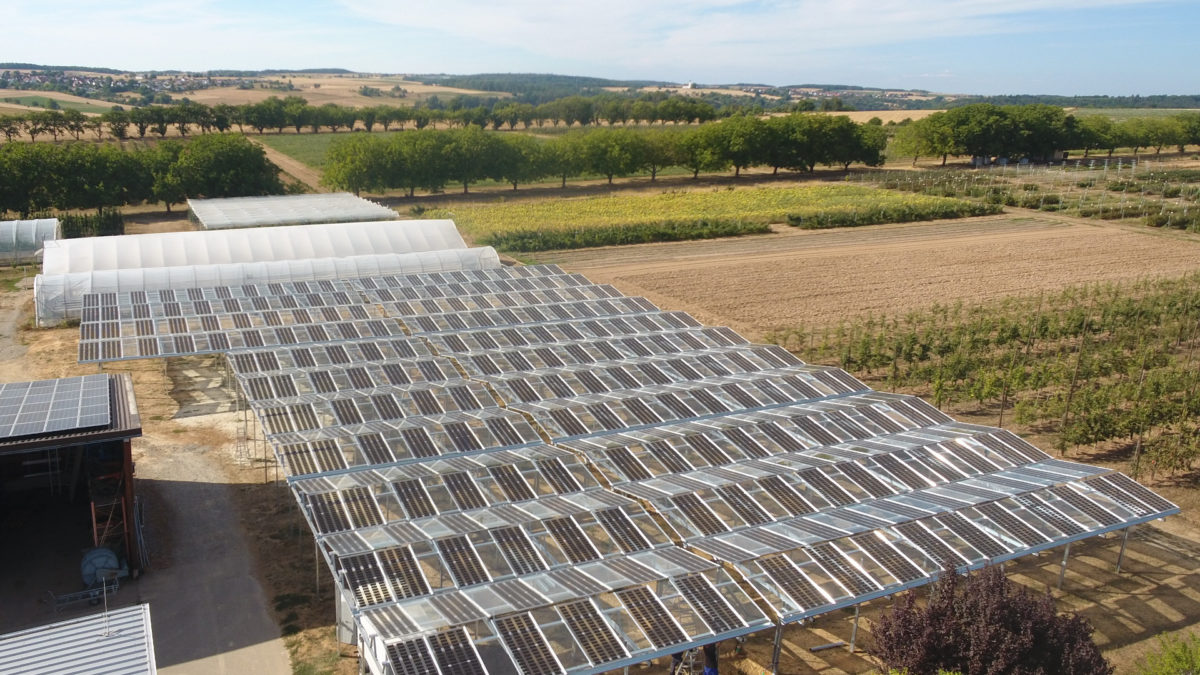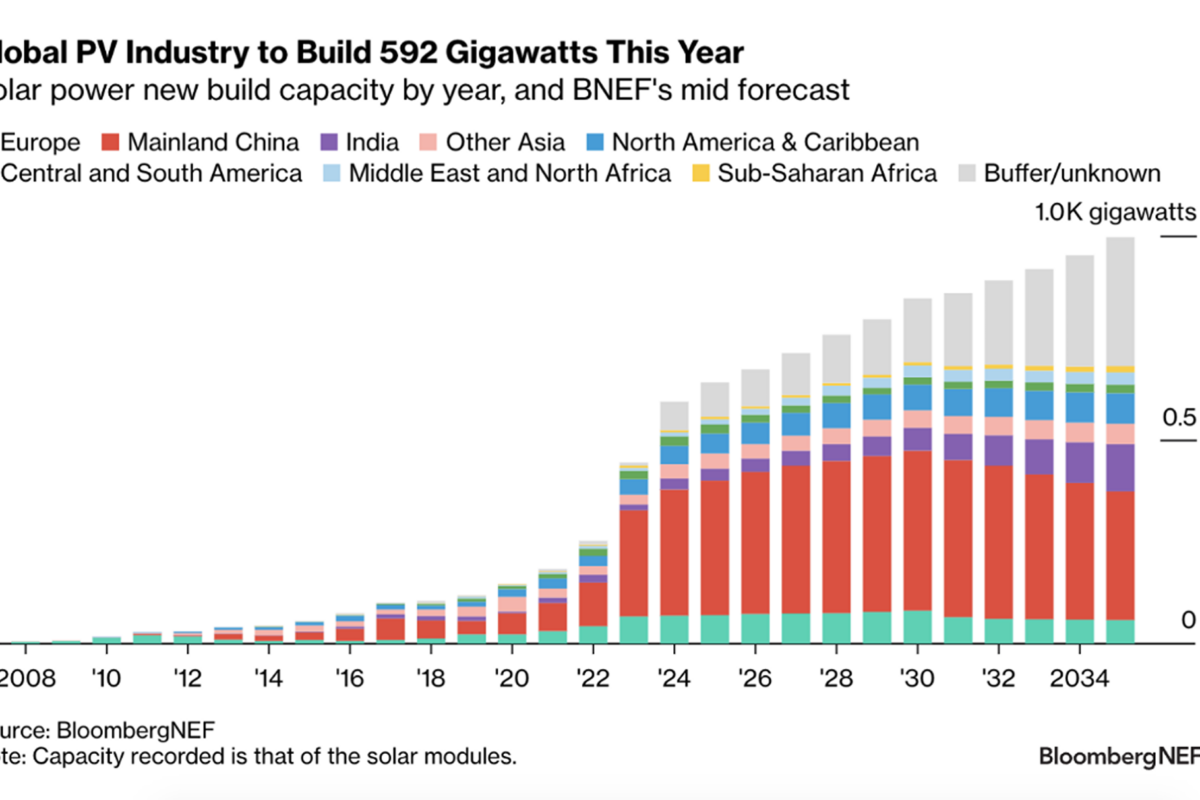BayWa r.e., a subsidiary of German conglomerate BayWa, has finished building four new agrivoltaic projects in the Netherlands, Austria, and Germany. The pilot installations are designed to improve fruit quality through research on plant health, growth, and production, while reducing waste due to plastic foil, the company said in a statement.
BayWa r.e. and its Dutch subsidiary, GroenLeven, built two agrivoltaic projects with capacities of 105 kW and 125 kW in the villages of Enspijk and Randwijk, the Netherlands. The cherry and pear pilots will be monitored by Fruit Tech Campus and Wageningen University and Research, respectively.
In Austria, the developer and its local subsidiary, GroenLeven, completed a 340 kW project for stone and pome fruit cultivation in Graz. The Haidegg research facility will monitor the fruit growing under the PV panels.
In Germany, Baywa r.e. and solar company MKG Göbel finished building a 115 kW raspberry agri-PV pilot in Oedheim. The project has a light transmittance of approximately 70%, according to the developer.
“We are experiencing a great demand for our agri-PV solutions, because it brings PV expansion in line with agriculture and nature conservation,” said Stephan Schindele, head of product management agri-PV at BayWa r.e. “For these synergies to be leveraged between the sectors, technical adaptation of the PV generator is required, resulting in higher costs. Unfortunately, in many markets, the political course has not yet been set to serve this potential and demand. In collaboration with the scientific community, we will demonstrate that it is socially, environmentally, and economically worthwhile to support agri-PV.”
The Dutch government, the federal state of Styria in Austria, and the federal state of Baden-Württemberg in Germany funded the pilot “fruit-voltaic” projects.
BayWa r.e. developed and installed 15 agri-PV projects in the European Union by the end of 2022. In 2023, the company plans to build the first agrivoltaic projects outside the EU. It also aims to introduce agri-PV projects combining animal husbandry for cows and sheep to its portfolio.

This content is protected by copyright and may not be reused. If you want to cooperate with us and would like to reuse some of our content, please contact: editors@pv-magazine.com.



1 comment
By submitting this form you agree to pv magazine using your data for the purposes of publishing your comment.
Your personal data will only be disclosed or otherwise transmitted to third parties for the purposes of spam filtering or if this is necessary for technical maintenance of the website. Any other transfer to third parties will not take place unless this is justified on the basis of applicable data protection regulations or if pv magazine is legally obliged to do so.
You may revoke this consent at any time with effect for the future, in which case your personal data will be deleted immediately. Otherwise, your data will be deleted if pv magazine has processed your request or the purpose of data storage is fulfilled.
Further information on data privacy can be found in our Data Protection Policy.